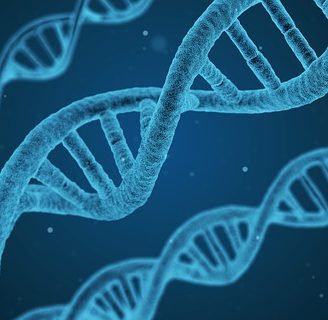How Genetic Testing Could Improve Depression and Anxiety Treatment

Genetic tests for depression and anxiety treatments are part of a rapidly growing field called “personalized” or “precision” medicine. Instead of your doctor prescribing drugs based primarily on factors like weight and age, the tests show how a drug will affect you as an individual. Using your DNA, they compare how your particular genetic makeup affects how your body processes key components in antidepressants and anti-anxiety drugs. For instance, if you metabolize a certain chemical slowly, you may need a lower dose of a medication. These tests can also increase patient safety by identifying drugs that may cause undesirable interactions or side effects.
The tests have only become available in recent years, and there is some debate about them among healthcare professionals. Experts are still assessing how to educate doctors about analyzing test results, determining when the tests should be recommended, and studying data about their effectiveness. There are several different brands on the market, and not all of them analyze the same genetic variables, which can also affect results.
Still, some studies have shown the tests do reduce the process of trial and error. As the body of information about different genes and drugs interactions grows, the tests should become more advanced, and their usefulness will continue to increase.
Read the full article on Healthgrades. Learn more about this topic in this FAQ on the National Institute of Health’s National Human Genome Research Institute website.



